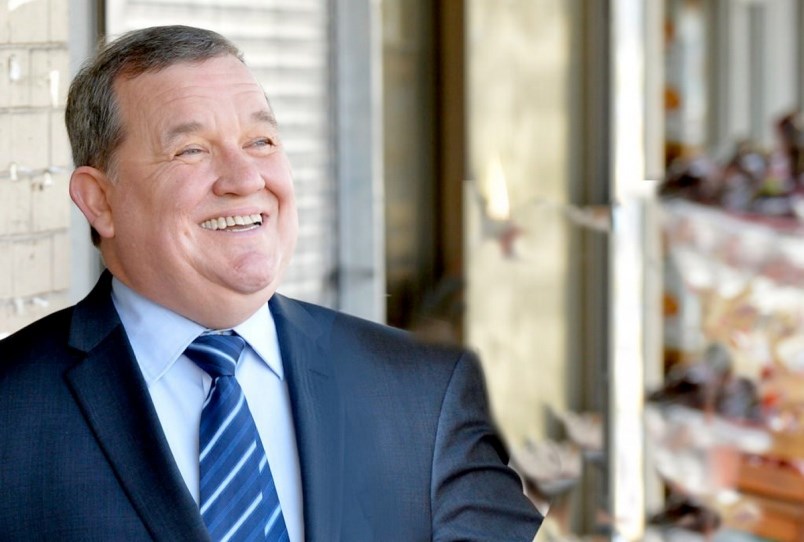A panel of experts is looking at whether British Columbia could provide a basic income or if the federal government would have to initiate it, says the minister responsible for the province's poverty reduction plan.
Shane Simpson said Monday the aim of the province's strategy is to cut the overall poverty rate by 25 per cent and child poverty by 50 per cent within five years.
He said the three experts came together six months ago and would make recommendations next year on various issues including the question of a basic income.
"That will, I think, trigger a very important debate in British Columbia about what income security looks like and about the role of basic income and the principles of basic income," he said after announcing the guidelines for the province's poverty reduction plan at a child care resource centre.
Ontario launched a basic income pilot project in 2017 but Premier Doug Ford cancelled it shortly after taking office last year. In February, the Ontario Superior Court denied a request that it quash the province's decision, saying it had no power to reverse it.
However, the federal government suggested last December that a guaranteed national minimum income could be an option to help some Canadians, especially those without children because they don't benefit from the Canada Child Benefit.
Simpson said British Columbia's TogetherBC strategy is intended to assist the 557,000 people who are living in poverty, with an aim to lift 140,000 of them out of poverty.
He said the panel of experts studying the basic income is also looking at how people could be transitioned to other work because 40 per cent of jobs could disappear through artificial intelligence. The panel is also looking at how income support programs could be delivered.
The expert panel is chaired by an economics professor from the University of British Columbia. An associate professor from the University of Calgary and a professor emeritus from Simon Fraser University are the other two members.
TogetherBC's programs, policies and initiatives tie together investments launched in the fall of 2017 and are being implemented over three budgets, Simpson said.
They include a focus on safe and affordable housing, cutting child-care costs for low-income families, and raising income and disability assistance rates.
Simpson said his ministry alone will offer more than $800 million in support to people by 2022 and while those programs and other plans won't end poverty, the NDP government is confident the strategy will help some of the poorest people in B.C.
Simpson, who grew up in a housing project with his sister and mother, said generational poverty can be difficult to break for some people as he discovered when one of three childhood peers he met during an election campaign in 2005 was caring for grandchildren.
"These were people who were pretty smart people. They hadn't done anything untoward or particularly bad, they just could not break that cycle."
Part of the TogetherBC strategy will aim to tackle that level of poverty through employment, housing and educational programs, he said.
"All of the advice that I've gotten says that if you want to break the cycle, starting with kids is a good place to start."
British Columbia has Canada's second-highest poverty rate after Nova Scotia.

.png;w=120;h=80;mode=crop)

